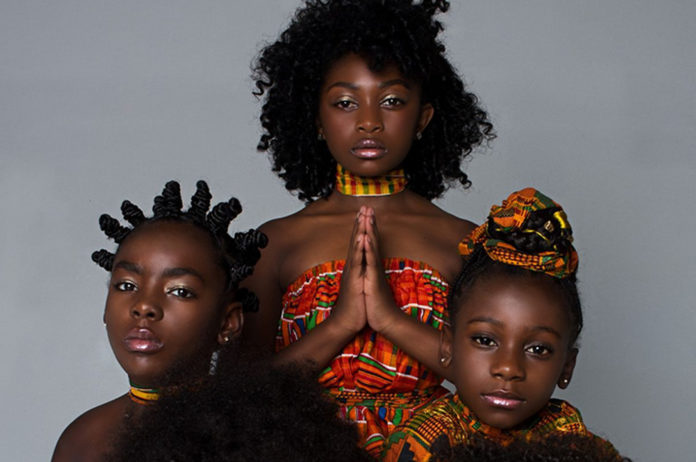The general definition of beauty from a quick internet search states that beauty is “a combination of qualities, such as shape, colour, or form — that pleases the aesthetic senses, especially the sight.”
Depending on the lens through which it is perceived, . We often reject the idea of a rank of beauty that everyone is beautiful in their own way. In fact, it’s quite common to hear people throwing around sentiments such as ‘beauty is in the eyes of the beholder’ and ‘beauty is skin deep’, but these hold no real meaning in today’s world; a world where beauty centers around Eurocentric features.
But is the black African model paraded on fashion runways in European capitals and splashed on the front pages of affluent magazines the true reflection of what an African calls beautiful?Or have Africans been brainwashed to accept another culture’s definition of beauty as their own? Is this not the reason why African women, and now men, are increasingly buying skin-lightening creams to try to look like any alien race other than African?
This is something that has been center in many conversations, yet it continues to scourge the media, television and other mediums that communicate issues of beauty. A recent Thai advert reignited this subject on social media when the model was portrayed saying: “Whiteness makes you win.” She frowned at each moment she was made to look darker and grew happier when made lighter. The advert promotes skin whitening pills. In 2020,this is still happening.
In many parts of Africa, the definition of beauty seems to have altered from exuberantly curvaceous dark women to slender ‘yellow bones’. While some women are riding the wave of unapologetically affirming their natural beauty, most modern Africans find themselves struggling to validate their skin as beautiful. Many have accepted whiteness as the beauty standard of our time and we see the effects of this on the many African women who continue to bleach their skin .This confronts us with a question of whose beauty standards are we upholding if the average African woman is excluded from mainstream representation.
Many African celebrities have joined the bandwagon of skin bleaching such as Khanyi Mbau, Kelly Khumalo and Ghanian model Mariam Abdul Rauf. To them, being lighter means more visibility and more proximity to fame. In a society dominated by western values, it’s not surprising that we view beauty with a western gaze. It is expected as much as it conditioned, and we continue to struggle to define our own beauty out of this scope. Our fixation is more on being color blind than sweeping the entire conversations under the rug because we want to be ‘progressive’ but it appears we are more color conscious than we would like to believe. We are reluctant to see how we, as Africans, define our beauty.
For many years, dark skinned women have received bad publicity in popular culture regarding their beauty as it is mostly seen as something to enhance and improve, whereas those that have a proximity to whiteness are seen as the ideal representatives of blackness.
African beauty is largely diverse, but this diversity has been watered down over the years by standards that often reflect those of a lighter tone, standards we justify without question even though they exclude the majority. The very notion of being African is still a complex issue that cannot be simplified as being solely about skin tone or about your choice of hair, but it is more than evident that the current fad is that of a ‘whitened out’ beauty. It will take much more than ‘pro blackness’ movements to remedy centuries of what we glorify as beauty. Maybe with time, and with enough emphasis, we will start having a conversation that will lead to a deeper, truer self-reflection of how we define what is beautiful to us.

















